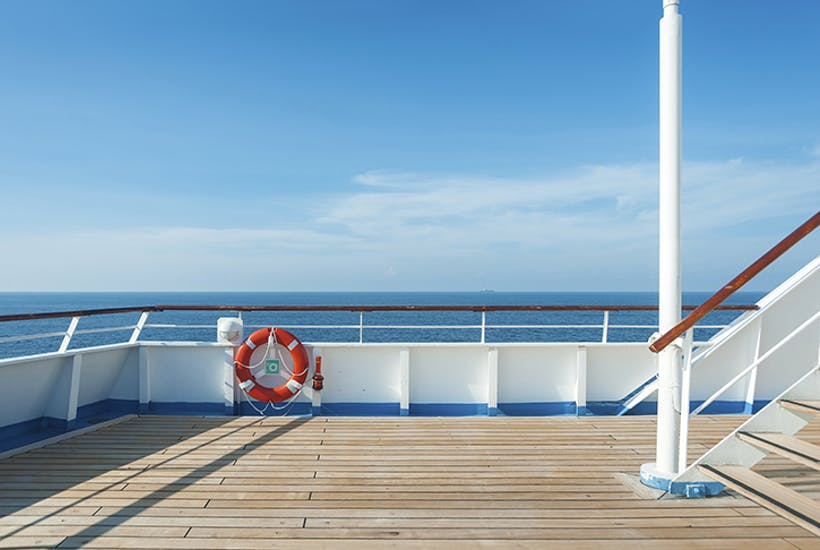Two rules of grammar are certain: never split an infinitive and never end a sentence with a preposition. As for the origins of words, it is universally known that the origin of posh is from British ships’ tickets to and from India stamped ‘Port Out, Starboard Home’. None of these certainties is true.
The admirable philologist Michael Quinion has published a book called Port Out, Starboard Home, a title emblematic of popular etymology. He doesn’t think that this was the origin of posh, of course. No one has ever found such a ticket or any reference in shipping archives.
I hadn’t realized that in that minor classic from 1892 The Diary of a Nobody, the character Murray Posh (a friend of Mr Pooter’s son, Lupin, and, it turns out, connected to ‘Posh’s three-shilling hats’) predates by a good two decades the first known use of posh in print.
Americans have long said posh, but it seems a more class-orientated English word. The Oxford English Dictionary, revising its entry for posh in 2006, found its earliest citation in a book about the army written in 1914 by a former soldier and Daily Telegraph journalist, Charles Henry Cannell, writing under the name E.C. Vivian: ‘The cavalryman, far more than the infantryman, makes a point of wearing “posh” clothing on every possible occasion.’
The OED still directs readers to an article in the journal Mariner’s Mirror for January 1971 (page 91) by George Chowdharay-Best. He worked as a researcher for the OED, joining the staff in 1984 and dying in 2000, securing a footnote in Peter Gilliver’s excellent The Making of the Oxford English Dictionary.
Chowdharay-Best made the telling point that P&O, the company credited with the origin of posh, did not issue return tickets in the period when the term was claimed to have arisen. He also looked through plans of P&O’s ships. The first, the Hindostan, had central cabins with corridors to port and starboard. In one part of the ship, ladies’ cabins were to starboard, but their position did not change with the direction of the voyage.
But it’s no good exploding baseless etymologies. People prefer memorable tales, especially those involving acronyms, to the truth.
This article is in The Spectator’s November 2019 US edition.

























